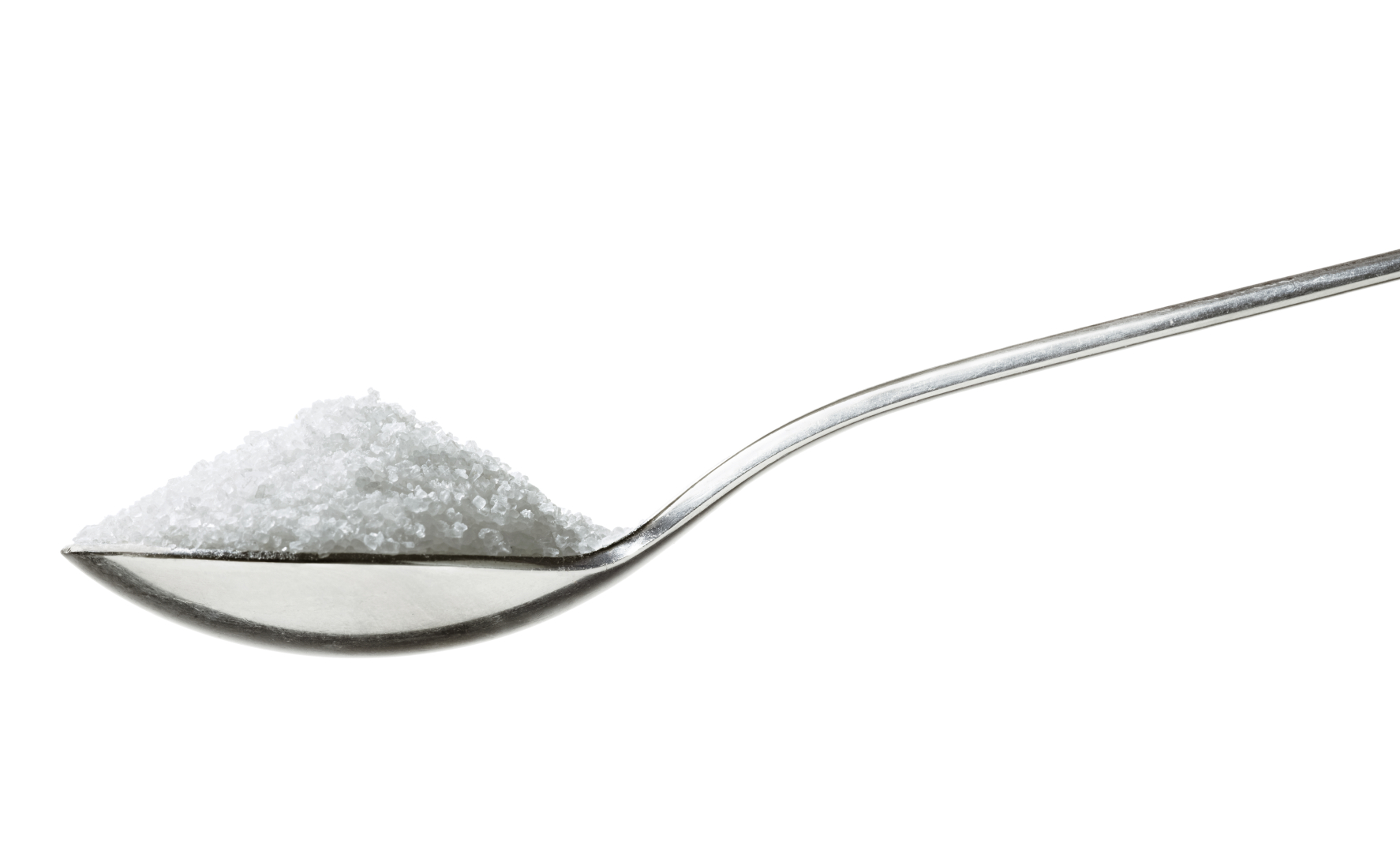
March 18, 2016, by Lindsay Brooke
Sugar ‘extremism’ – it is vital to remember obesity is not caused by a single component of the diet.
Blog written by Professor Simon Langley-Evans and Dr Judy Anne Swift in the School of Biosiences, at The University of Nottingham.
If obesity can be equated to domestic terrorism, then the current demonisation of sugar can be labelled dietary extremism.
The Chancellor’s announcement of a levy on sugar-sweetened beverages is being hailed as a victory by those who have campaigned hard for this kind of legislation; from Dame Sally Davies, The Chief Medical Officer to Jamie Oliver, the celebrity chef. Despite the victory dance, there must be some disappointment in these quarters. The two-year delay in implementation of the policy seems to imply that the tax is not an urgent priority, and the exclusion of fruit juices from taxation means that sales of these sources of sugar that are widely consumed by children will not be modified.
There are also important concerns about whether taxation of sugar-sweetened beverages will have the desired effect on the quality of children’s diets or on levels of overweight and obesity. ‘Sin’ taxes similar to the sugar tax have been previously introduced in many countries including Denmark, Finland, Mexico and some parts of the USA.
The experiences of these countries suggest that the policy has little impact upon sales of the targeted items and no impact on health. For example, Finland, a 14.8% increase in the price of confectionary led to a meagre 2.6% fall in sales and increasing the price of soft drinks by 7.2% led to a 1% fall in consumption. In Denmark, the introduction of a tax on saturated fats prompted consumers to switch to cheaper brands with the same fat content.
The British consumer will have the attractive option of switching from drinks that may be taxed to untaxed fruit juices or high-sugar milk drinks.
Mexico is widely held up as an example of a country where taxing sugar-sweetened beverages has been hailed a success. Mexico introduced its tax in 2014, adding 10% to the price and in the first year saw a 6% decline in sales. This is less impressive as it may seem as Mexicans are the world’s greatest consumers of sugar-sweetened drinks so this reduction effectively moves them from super-consumers to heavy consumers. The decrease in sales equates to a mere 16 calories per day per person, which can have little impact on health. Often the taxes that are applied are too small to make a difference to purchasing behaviour, and the reality is that sugar sweetened beverages are so cheap to produce that manufacturers and supermarkets will be able to absorb the tax without passing on the increased cost to consumers.
To date there has been no demonstration that any sort of sin tax has had a positive impact on the real outcome of interest, which is of course the weight of children and the prevalence of obesity.
Through lobbying from organisations such as Action on Sugar and support from Public Health England and Obesity Health Alliance (convened by the Royal Collage of Physicians), sugar is fast replacing the focus on fat and portion size as a target for obesity prevention. However, it is vital to remember that obesity is not caused by a single component of the diet. It represents a complex interplay of genetic background with the diet and the full range of energy sources that we consume (fats, sugars, complex carbohydrates, proteins) and the range of energy expending activities that we engage in. It does not have its origins in a can of cola. Individuals will all take different paths to obesity and be more or less subject to various environmental, personal, and genetic factors.
There is something fundamentally flawed about our current public health approach to diet. We are still working within a biomedical, risk management framework and rely on overly simplistic advice that perpetuates a good-bad dichotomy. Food is more than a fuel for living. Food can be a source of great pleasure, although, for many, it can also cause guilt and anxiety. Food can be used to help cope with stressful situations and negative emotional states. Food also plays a vital role in how humans communicate within their social world. Food might be used to establish affiliation to particular groups and engender peer acceptance, to express love, sociability and hospitality, to demonstrate civilisation and self-control, and to express power within relationships and social status. Simply put – there are no ‘good’ foods, ‘super’ foods, or ‘bad’ foods. There is just food. Enjoy!
No comments yet, fill out a comment to be the first

Leave a Reply